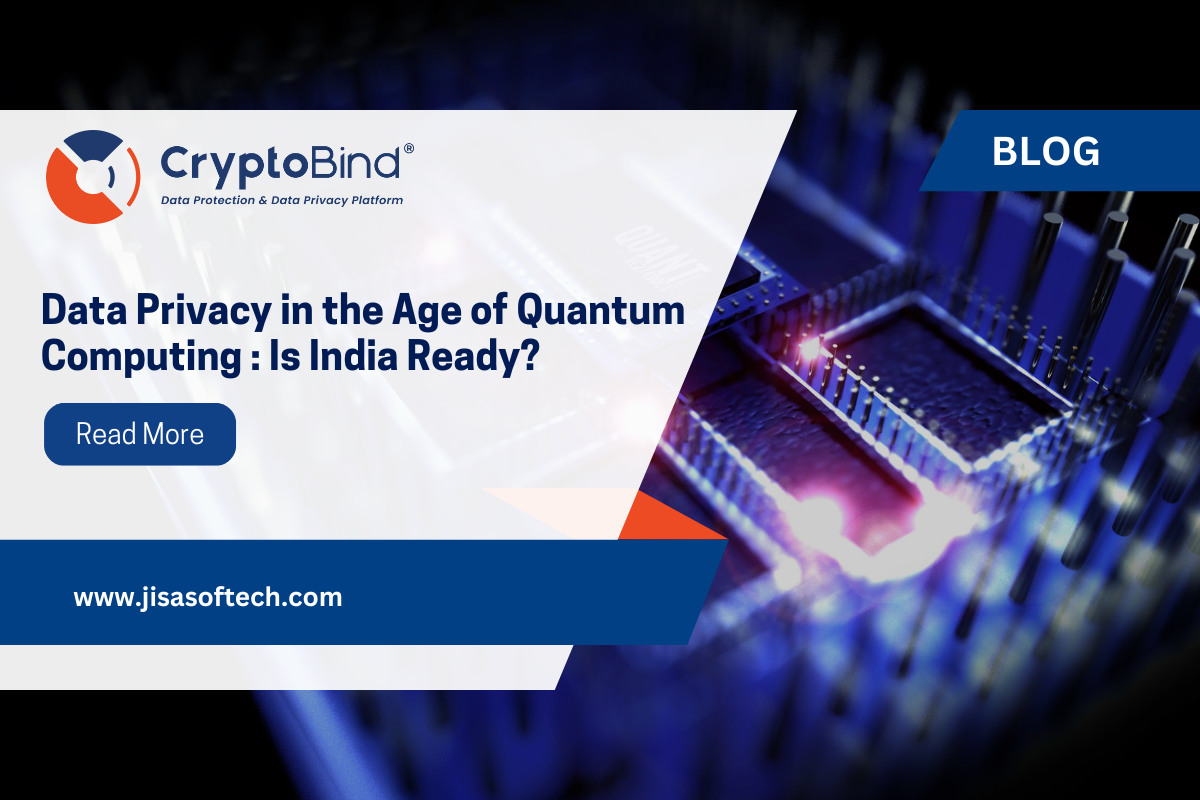In the realm of quantum computing, the impact on data privacy is a critical concern for businesses and governments worldwide. While quantum technology shows promise in revolutionizing various sectors such as AI, medical research, and financial services, it also poses a threat to traditional encryption methods that have long been the foundation of data security. This article delves into how quantum computing affects data privacy and explores the measures organizations can implement to prepare for this evolving landscape, especially within India’s cybersecurity domain.
In this era of quantum computing, safeguarding data privacy entails protecting sensitive information from unauthorized access or use, which becomes increasingly challenging with the computational power of quantum computers. Traditional encryption methods, which rely on complex mathematical problems like prime factorization, are vulnerable to quantum algorithms that can solve these problems exponentially faster. As quantum technology progresses, ensuring data confidentiality necessitates the adoption of quantum-resistant cryptography and innovative security measures.
Key strategies for organizations to safeguard data privacy in the quantum era include transitioning to post-quantum cryptography (PQC), leveraging Quantum Key Distribution (QKD) for secure data transmission, and ensuring vigilance against quantum threats. It is crucial for businesses to proactively plan for the adoption of PQC algorithms to prevent potential breaches that could compromise their data’s security.
With the rapid evolution of quantum technologies, organizations must remain vigilant by actively monitoring vulnerabilities in encryption systems and quantum-based malware. Creating quantum-resistant security protocols, implementing Data Encryption Management (DEM) solutions for effective encryption key management, and training employees on the implications of quantum computing for data privacy are essential steps in bolstering data security.
Adopting a Zero-Trust Security model, where no entity is trusted by default, significantly enhances security against unauthorized access, even in the face of potential breaches from quantum computers. Quantum cryptography presents a groundbreaking approach to securing information by utilizing principles of quantum mechanics like quantum entanglement and the uncertainty principle to detect any attempts to intercept or tamper with encrypted data.
An essential innovation in ensuring data privacy in the quantum era is the development of quantum-safe hardware security modules (HSMs), which are designed to withstand attacks from quantum computers. These modules play a crucial role in safeguarding cryptographic keys used in data encryption, thus ensuring that businesses maintain a high level of data security as quantum computing advances.
As India navigates the challenges posed by quantum computing, proactive adoption of quantum-resistant security measures such as quantum-safe cryptography, quantum key distribution, and quantum-safe hardware security modules is imperative. Collaboration among technology providers, regulators, and research institutions is essential to fortify data security and resilience in a quantum-powered future.
In a world where quantum computing is increasingly becoming a reality, solutions like quantum-safe Hardware Security Modules and Data Protection and Data Privacy Solutions offered by JISA Softech can help businesses secure their data against quantum threats. By investing in these solutions, organizations can ensure the confidentiality and security of their data in the quantum era. Waiting for quantum threats to materialize is not an option—take action now to safeguard your digital future with quantum-safe solutions.


